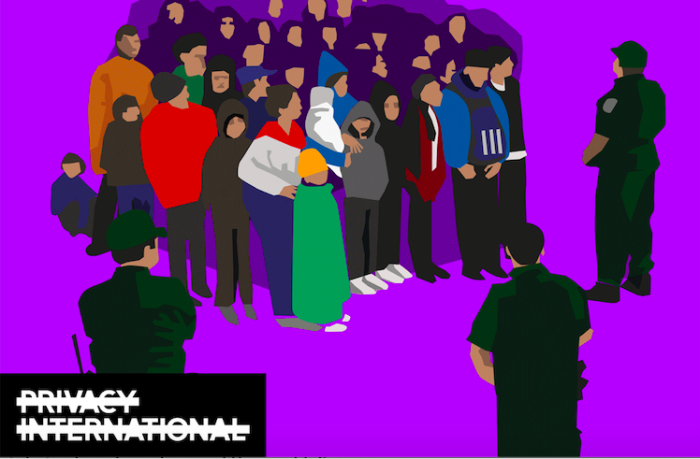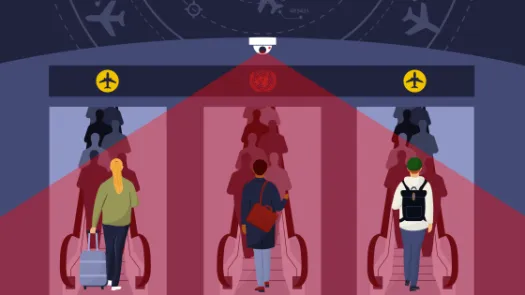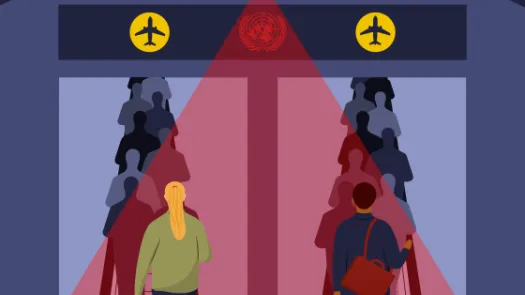Moving Stories: Border Violence and Surveillance
Links
Border Violence Monitoring Network’s work
- BVMN's website https://borderviolence.eu/Surveillance Tech Serbia Report: https://borderviolence.eu/reports/surveillance-technologies-at-european…
- Cyprus Borderscape: https://cyprusborderscape.com/
- BalkanDac: https://borderviolence.eu



